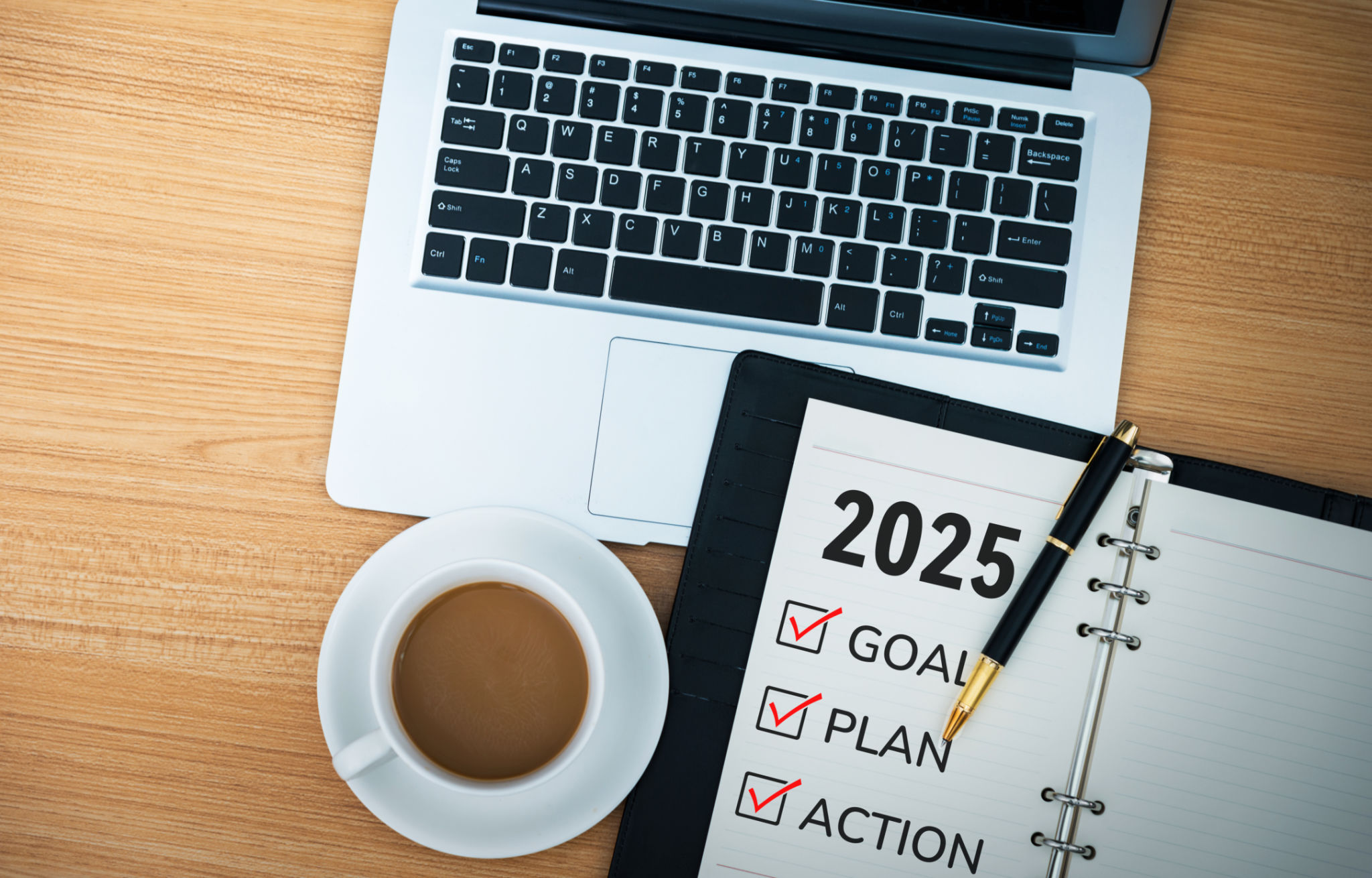Mastering Self-Reflection: A Guide to Personal Growth
The Importance of Self-Reflection
In the fast-paced world we live in, taking a moment to pause and reflect is often overlooked. However, self-reflection is a powerful tool for personal growth. It allows us to evaluate our thoughts, actions, and emotions, leading to a deeper understanding of ourselves. By making self-reflection a habit, we can identify areas for improvement and set realistic goals for the future.
Regular self-reflection can lead to increased self-awareness, which is essential for personal development. When we understand why we behave a certain way or make specific choices, we can make informed decisions that align with our values and aspirations. This process not only enhances our personal lives but also impacts our professional growth positively.

Methods of Self-Reflection
Journaling
One of the most effective ways to engage in self-reflection is through journaling. Writing down your thoughts and feelings can help you process emotions and gain clarity on various aspects of your life. It provides a safe space to explore your innermost thoughts without judgment.
Start by setting aside a few minutes each day to jot down your experiences. Focus on what went well, what challenges you faced, and how you responded. Over time, you'll notice patterns and insights that can guide your personal growth journey.
Meditation
Meditation is another powerful practice for self-reflection. By quieting the mind and focusing on the present moment, you can gain a deeper understanding of your thoughts and emotions. Regular meditation practice can help reduce stress and increase mindfulness, leading to more insightful reflections.

Setting Goals Through Reflection
Once you've developed a routine of self-reflection, the next step is to set personal growth goals. Reflect on areas of your life where you'd like to see change or improvement. Consider using the SMART criteria (Specific, Measurable, Achievable, Relevant, Time-bound) to create goals that are realistic and attainable.
For example, if you notice that you're frequently stressed due to poor time management, you might set a goal to improve your organizational skills. Break this goal into smaller, actionable steps, such as creating a daily schedule or prioritizing tasks effectively.

Overcoming Challenges in Self-Reflection
While self-reflection is beneficial, it can sometimes be challenging. It's not always easy to confront our weaknesses or acknowledge mistakes. However, facing these challenges head-on is crucial for growth. Remember that self-reflection is about progress, not perfection.
If you find it difficult to reflect honestly, consider seeking feedback from trusted friends or mentors. They can offer valuable perspectives and support you in your journey towards personal development.
Consistency is Key
The key to mastering self-reflection lies in consistency. Make it a regular part of your routine by dedicating specific times for reflection each week. Whether it's through journaling, meditation, or simply taking a walk in nature, find what works best for you and stick with it.

In conclusion, self-reflection is a vital component of personal growth. By understanding ourselves better, we can make conscious decisions that lead us towards a more fulfilling life. Embrace the journey of self-discovery and watch as it transforms not only how you see yourself but also how you interact with the world around you.